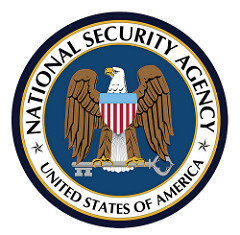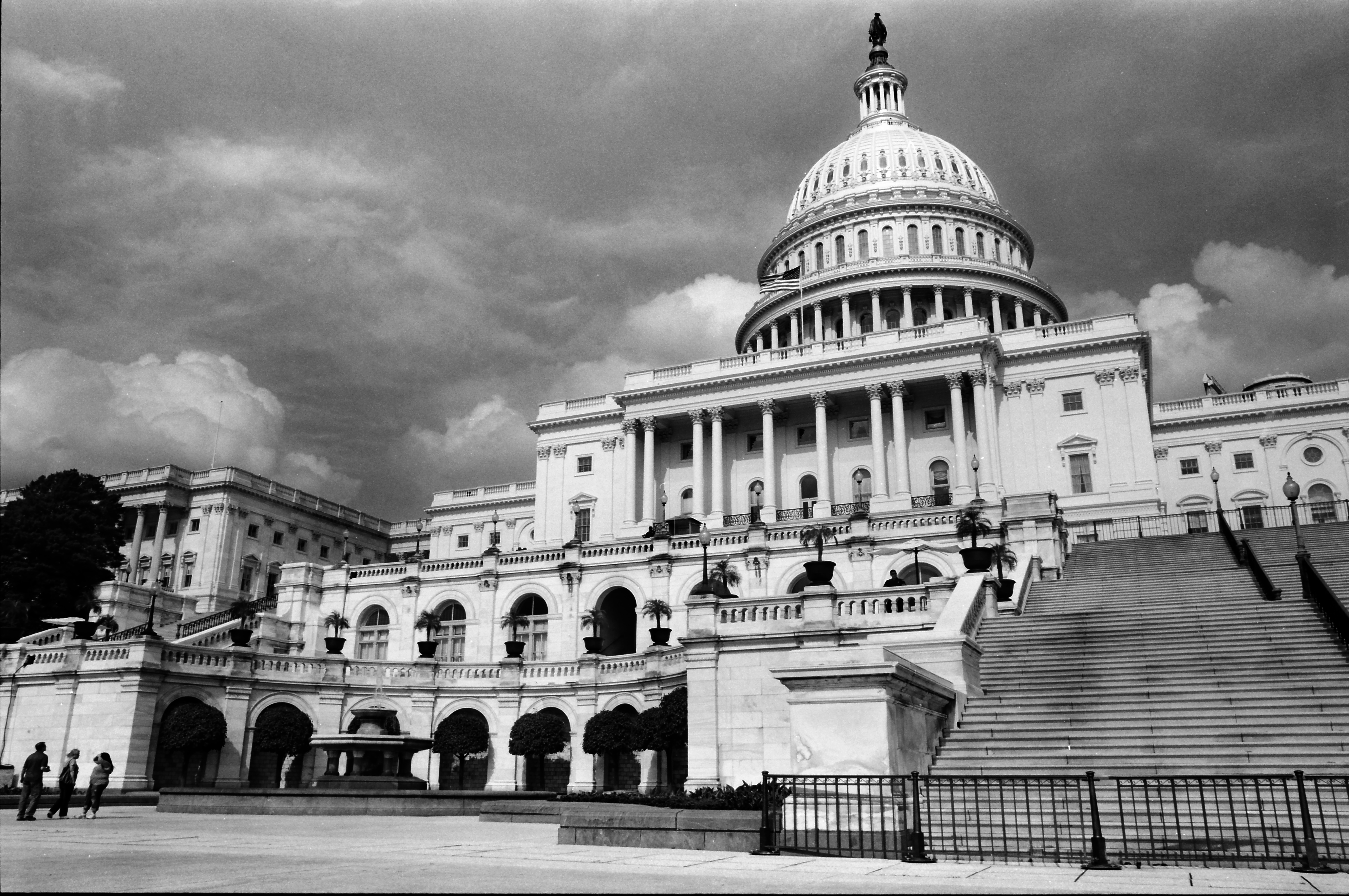Lawyers are a conservative group when it comes to adopting new technology. This continue to hold true for the ever popular cloud technologies. Concerns about privacy and security related to data breaches are holding some firms back from transitioning over to cloud storage and services. In a 2015 Cloud Security Survey released Netwrix reveals the concerns around cloud adoption among lawyers include: security and privacy of data (26 percent), migration costs (22 percent) and loss of physical controls (17 percent). Moreover, security risks include unauthorized access (32 percent), insider misuse (18 percent) and account hijacking (18 percent.)
Alex Vovk, CEO and co-founder of Netwrix, told Legaltech News “Legal departments will be reluctant to entrust their valuable data and customers’ sensitive information, until they are absolutely sure that cloud providers can offer better security than the company can ensure on-premises.” Although data security is a privacy issue for all industries, legal departments are less likely to adopt technologies that do not guarantee full protection for their data.
Law firms may be cautious, but that doesn’t mean that they are uninterested in cloud technologies. According to the survey, 44 percent of the respondents indicated they their firms were in a stage of evaluation and discovery concerning cloud services. “This indicates that [law firms] are potentially ready to invest more in additional cloud security and consider various cloud options,” Vovk said. In fact, when it comes to hybrid cloud models, legal entities have the same interest in making the transition as private companies. In addtion, 37 percent of those surveyed favor a private cloud model.
Vovk summed up by stating that “… as soon as cloud providers are ready to provide additional security measures and to some extent ease the compliance burden …lawyers would become less skeptic[al] about cloud adoption.”
Article via Legaltech News, 3 December 2015
Photo: Cloud Solutions via NEC Corporation of America [Creative Commons Attribution-NonCommercial-NoDerivs]





